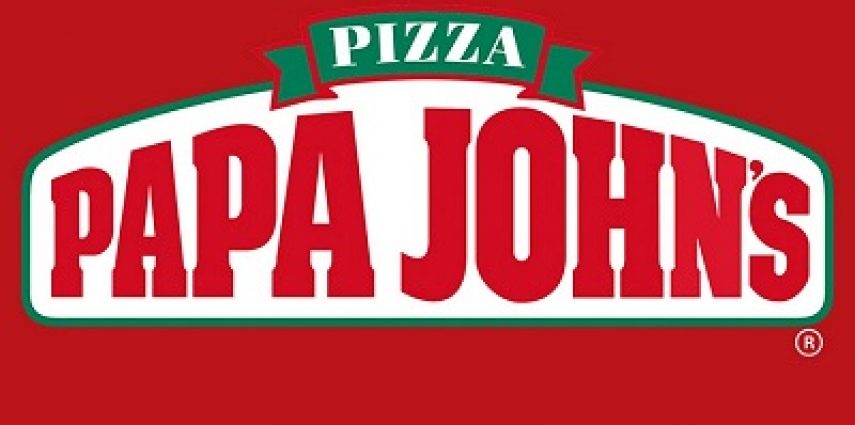The last couple of weeks have not been good for John Schnatter and his Papa John’s pizza empire. After using a racial slur during a conference call with his media agency, losing his job, watching the removal of Papa John’s name at the University of Louisville’s Cardinal Stadium, imploding marketing relationships with a handful of NFL teams and talking trash about the NFL Commissioner Roger Goodell, Schnatter was physically barred from Papa John’s Louisville headquarters.
I’ve left out a half dozen other things he and the brand have forfeited during this downward spiral but suffice to say, it’s been ugly.
It should be ugly and absolute and painful. What he said was atrocious and the follow-up missteps were pretty awful. This shows that even when your name (even a self-created nickname) is on the building, you’re not bigger than the brand.
There are some interesting things that happen when a company’s brand is built around a person. The accelerated humanizing of a brand when it uses an individual as it’s moniker is appealing and the business case for doing so is a proven model. We’ve recently watched several Jenner offspring create successful businesses based off their names and notoriety even if they personally had no expertise or unique value proposition to offer. The downside, of course, is losing the ability to create separation between the person and the brand.
When the person does some really dumb things, defrauds investors or shows they are just a terrible human being, the brand struggles to re-identify as a separate entity. What got them here was the person as the brand. When a founder becomes radioactive, the brand is identified with that as well.
Even when the founder is the implied brand of the company, the brand runs a significant risk that whole human being may have serious flaws.
For example, Apple was Steve Jobs. Most would say that brand/ persona fusion worked well; creating a religious-like consumer following. Steve was far from perfect. He spent decades disavowing his daughter and tormenting employees who didn’t get his way of doing things. Fortunately for him and Apple, he later recanted on both fronts and it certainly didn’t hurt that the products his company produced were extraordinarily good.
Likewise, Theranos was Elizabeth Holmes. Read any story written about Theranos from the early glory days through the post-meltdown autopsies and more than 90% of the article will be about Holmes the person. Partially that’s because the whole thing was a scam and there really wasn’t anything there. She garnered $9 billion in investment based on her persona. The technology was always promised as an output of her unmitigated will. She was Theranos.
These two examples are the physical incarnations of this founder-as-a-brand risk/reward consideration. Apple would never have been the Apple of today without Jobs. Theranos would never have raised $9 billion on a fraudulent business model if it wasn’t centered around Holmes.
Twenty years ago, a well-drafted PR statement, a public mea culpa from the offending founder and a sizeable donation to charities that specifically combat the kind of behavior they displayed would suffice to smooth things over.
People now are far less likely to let these indiscretions slide and hold founders responsible for their behavior. Consumers know purchasing power and their ability to mobilize like-mindedness are powerful tools to get companies to listen to their concerns and take actions to correct mistakes.
During the next three weeks, executives at Papa John’s will be deep in damage control mode. Drastic steps, including changing the name of the company will, at least, be discussed. The brand now shares the toxicity of the founder’s name.
Public-facing founders play a major role in developing a successful brand but no matter how big or successful a company may be, the consumer ultimately determines what the brand is worth.


